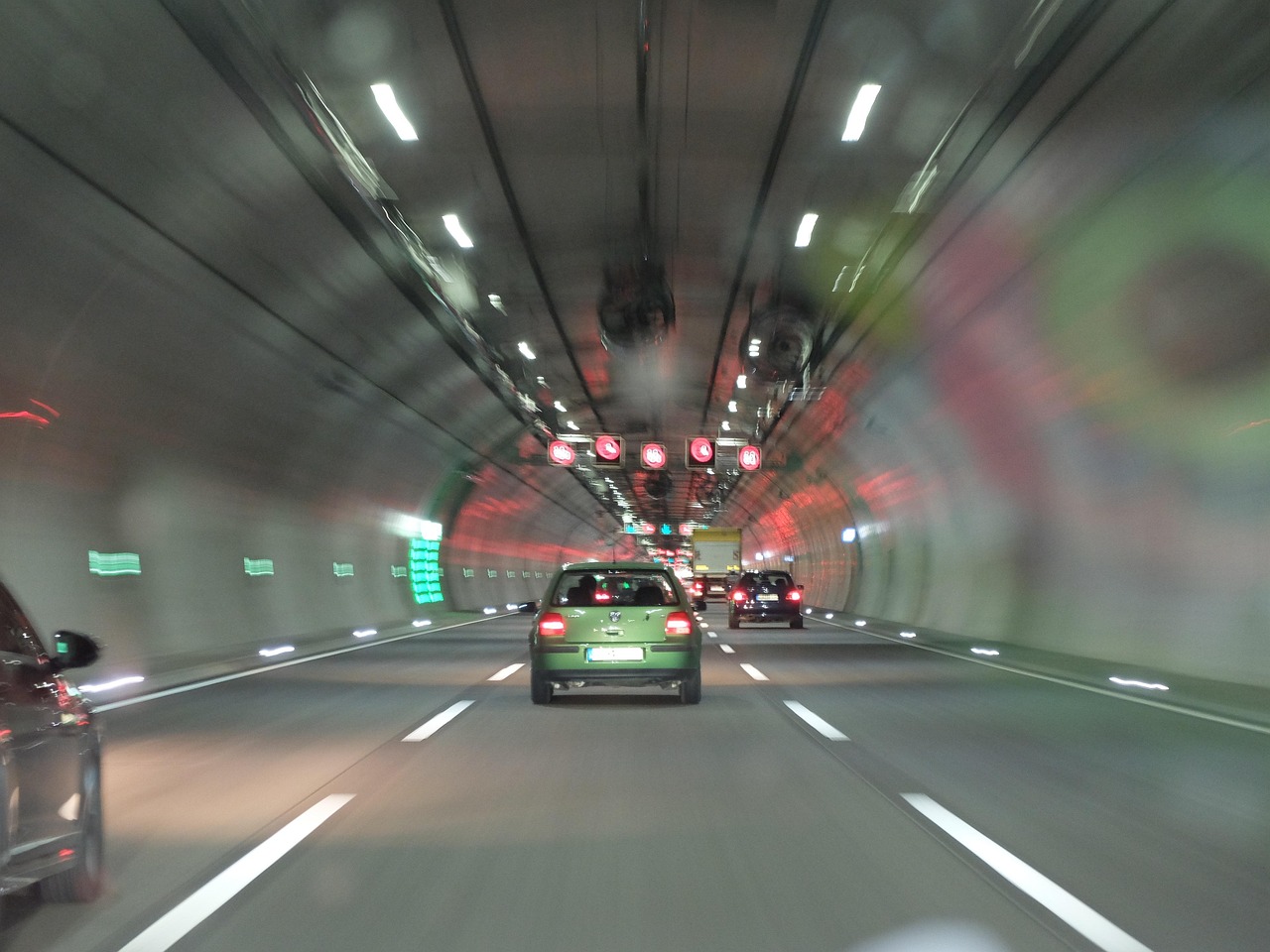05
Aug 2024
New Public Hospital for Melbourne Cancelled Amidst Metro Tunnel Project Concerns
Published in News on August 05, 2024

Plans for a new central public hospital in Melbourne have been scrapped, with the ongoing Metro Tunnel project cited as a critical factor behind the decision. The proposed hospital, anticipated to significantly boost the city's healthcare infrastructure, has now been officially shelved, raising concerns about the future of healthcare accessibility in the region.
The Original Vision
The hospital was initially envisioned as a state-of-the-art facility designed to address the growing healthcare needs of Melbourne’s rapidly expanding population. With the rising demand for medical services, the project was seen as a crucial development that would alleviate pressure on existing hospitals and improve overall healthcare delivery in the city.
The facility was supposed to be another campus for the Royal Melbourne Hospital and the Royal Women's Hospital that would help manage the influx of patients from regional Victoria into those two medical facilities each year, with the new site specialising in elective surgeries, outpatient treatment, clinical trials and low-risk women’s healthcare.
Impact of the Metro Tunnel Project
However, the ambitious Metro Tunnel project, set to revolutionize Melbourne’s public transport network, has been identified as a major impediment to the hospital’s construction. The Metro Tunnel, a significant infrastructure initiative aimed at easing congestion and improving connectivity across the city, has taken precedence, leading to the cancellation of the hospital project.
The decision to prioritize the Metro Tunnel over the new hospital has sparked debate. Proponents argue that the tunnel is vital for Melbourne’s future, ensuring that the city can accommodate its growing population with efficient and reliable public transport. However, critics highlight that the cancellation of the hospital could leave the healthcare system struggling to keep pace with demand, especially in a city where population growth shows no signs of slowing.
Consequences for Healthcare in Melbourne
The hospital's cancellation has serious implications for healthcare in Melbourne. The city’s existing public hospitals are under significant strain, with long waiting times and overcrowded emergency departments becoming increasingly common. The new hospital was expected to provide much-needed relief, offering additional beds and facilities to cater to the rising number of patients.
With the project now off the table, concerns are mounting about the long-term sustainability of Melbourne’s healthcare system. The population boom has already placed immense pressure on medical services, and the absence of a new major hospital could exacerbate these challenges in the coming years.
Looking Forward: The Need for Alternative Solutions
In light of the hospital’s cancellation, there is a pressing need to explore alternative solutions to bolster Melbourne’s healthcare infrastructure. This could include expanding existing hospitals, investing in new medical technologies, or developing more minor, specialized healthcare facilities across the city.
There is also the potential for increased collaboration between the public and private sectors to address the shortfall in healthcare. Public-private partnerships could pave the way for innovative healthcare solutions, ensuring that Melbourne’s residents continue receiving high-quality medical care despite losing the new hospital project.
Conclusion
The decision to cancel the construction of a new public hospital in Melbourne has sent shockwaves through the community. While the Metro Tunnel project is set to bring significant benefits to the city’s transport system, the shelving of the hospital project raises serious concerns about the future of healthcare accessibility in Melbourne. As the city continues to grow, finding alternative ways to meet the healthcare needs of its residents will be crucial in the years ahead.









